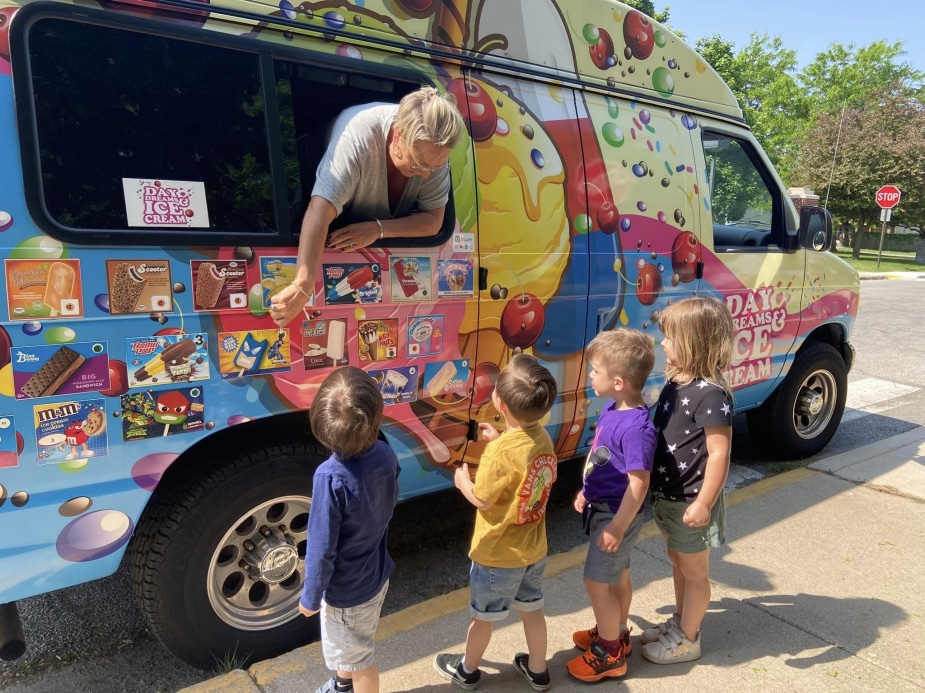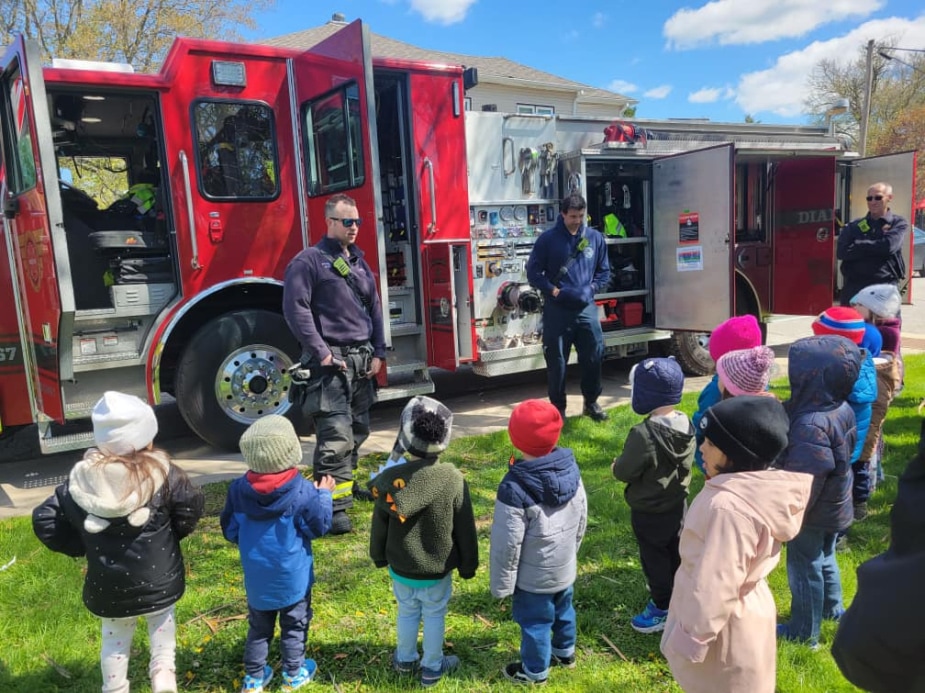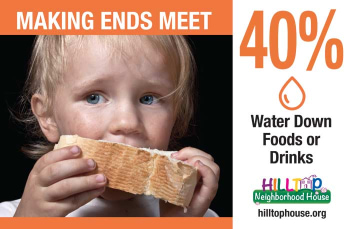Who We Serve
Hilltop History
Hilltop Neighborhood House is located at 460 S. College Ave near Valparaiso University. Our neighborhood, also known as College Hill, is one of lots of apartments and older homes with diverse residents: college students, long-term residents, and people requiring low-cost housing and sometimes relying upon the Valpo bus line for transportation.
Hilltop is in the middle of the only designated Indiana Economic Opportunity Zone in Porter County, i.e. a disadvantaged community, a low-income community. That means our neighbors are likely to benefit from a variety of community services, including childcare in order to maintain employment, educational services in order to improve their employment potential, supplemental food when food is scarce and there is no grocery store within walking distance, and social ties that support their daily lives.

At Hilltop we build, learn, grow and belong!
We not only encourage diversity, we thrive on it. 67% of our children come from low-income households, 20% are exposed to multiple languages, 32% are from a racial minority group and 45% are from a single-parent home.
Families select Hilltop as their facility of choice for many reasons including our diverse population, our qualified staff, and our reputation in the community as being the place to be.
Who We Serve
Our childcare program enrolls children, ages six weeks through five years, for full-time care between the hours of 6:30 a.m. and 6:00 p.m., weekdays and year-round. Families with limited incomes may qualify for scholarship assistance when their children are enrolled in our childcare program. 76% of our currently enrolled children receive some scholarship support in accord with our sliding scale.
Any local resident who shows proof of Valparaiso residency may visit the food pantry or mobile pantry events in their neighborhoods. Often they live with limited income, are elderly, live with disabilities, and/or lost their jobs. During the pandemic and through the generous support of our Valparaiso community - i.e. individual families, neighborhood fundraisers, local civic organizations, some local churches and businesses, and major grants – residents of food-insecure households could visit weekly.






